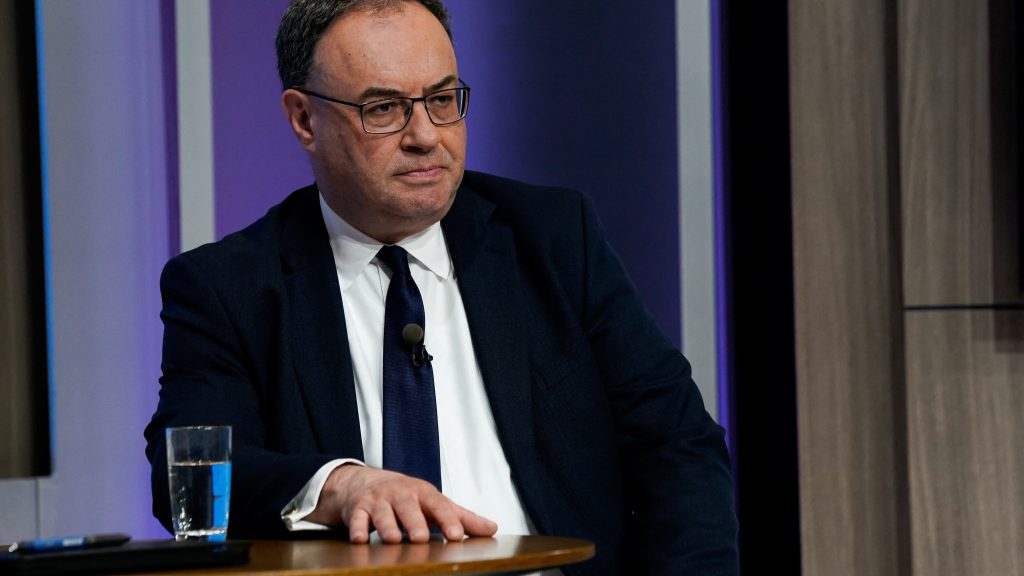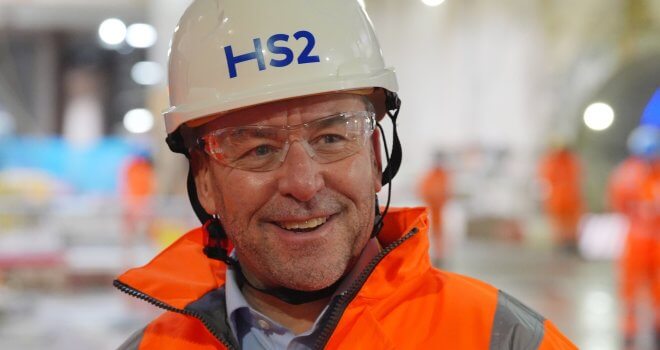BoE’s Bailey Says Bank Reforms Worked But Questions About Liquidity Buffers

Bank of England Governor Andrew Bailey said bank reforms enacted after the global financial crisis of 2007-09 worked during the recent banking turmoil, but there were questions about whether banks should set aside bigger cash buffers in future.
The failure last month of Silicon Valley Bank and two other lenders in the United States, along with the forced takeover of Credit Suisse by UBS sent banking shares globally into a tailspin, but markets have since calmed.
Regulators have said the episode represented the first big test of the tougher banking rules that were brought in after the global financial crisis, but debate is emerging over whether the rules need tweaking.
“The post-crisis reforms to bank regulation have worked,” Bailey said in a speech on Wednesday to the Institute of International Finance in Washington where he is attending International Monetary Fund meetings.
“Today I do not believe we face a systemic banking crisis. When I look at the UK banks, they are well capitalised, liquid and able to serve their customers and support the economy.”
Bailey, however, echoed calls from his predecessor Mark Carney by saying there might be questions over the size of liquidity buffers required of banks in order to tide them over short-term shocks.
“We can’t assume that, going forwards, the current answer on the total size of liquidity protection is the correct one,” he said.
“We saw with Silicon Valley Bank that with the technology we have today – both in terms of communication and speed of access to bank account – runs can go further much more quickly. This must beg the question of what are appropriate and desired liquidity buffers that create the time needed to take action to solve the problem.”
The speed at which depositors can withdraw cash with a click on their smartphone has become a factor for regulators.
Data from the European Central Bank on Wednesday showed a slight weakening in liquidity buffers at banks it regulates, though they are still well above minimum requirements.
NO HASTY CONCLUSIONS
Speaking at the same event, Pablo Hernandez de Cos, chair of the Basel Committee, whose members include the BoE and which sets global bank capital and liquidity standards, said regulators should not hastily jump to conclusions about the causes of banking turmoil or what reforms may be needed.
Banks’ holdings of liquidity have more than doubled since the global financial crisis, helping to contain fallout from the recent banking turmoil, de Cos said.
“We should not hastily jump to conclusions, nor should we close any doors. Nevertheless, once our stocktake is completed, remedial actions should be taken if deemed necessary,” de Cos said.
Board members at some banks, however, have questions to answer about how they were monitoring risks on their books, added de Cos, who is also governor of the Bank of Spain.
Separately, a top official at the U.S. Federal Deposit Insurance Corporation said on Wednesday that management failures lay behind the demise of Silicon Valley Bank, which stricter banking rules could not have prevented.
Bailey said future size and make-up of banks’ liquidity buffers would influence how far central banks go in reducing the size of the bond holdings they have acquired since the financial crisis and which grew further during the coronavirus pandemic.
“We don’t know yet where central bank balance sheet reduction will need to stop in terms of the necessary level of reserves,” Bailey said.
(Reporting by Huw Jones, editing by William Schomberg and Toby Chopra)




